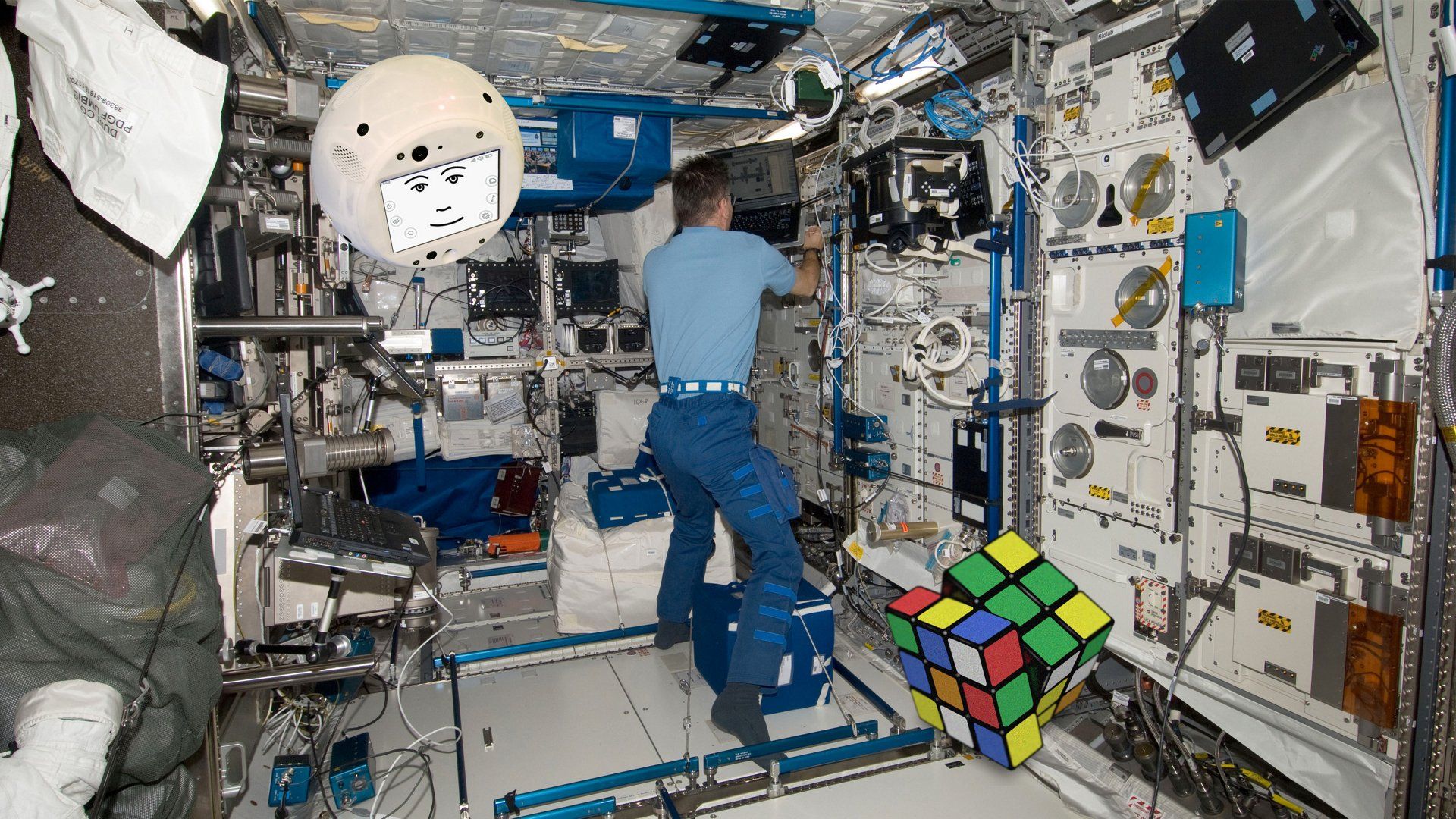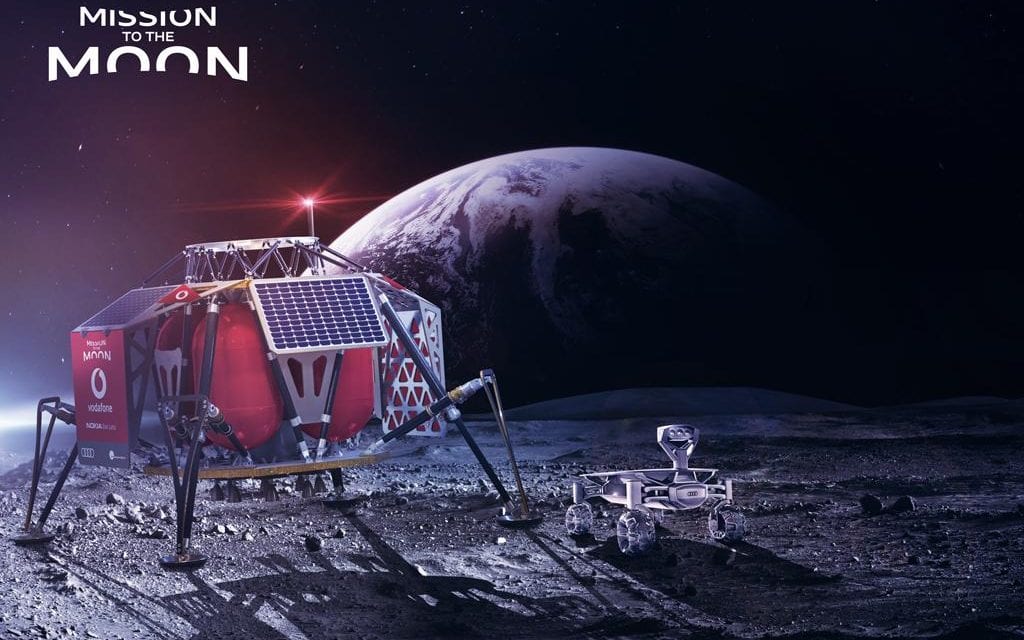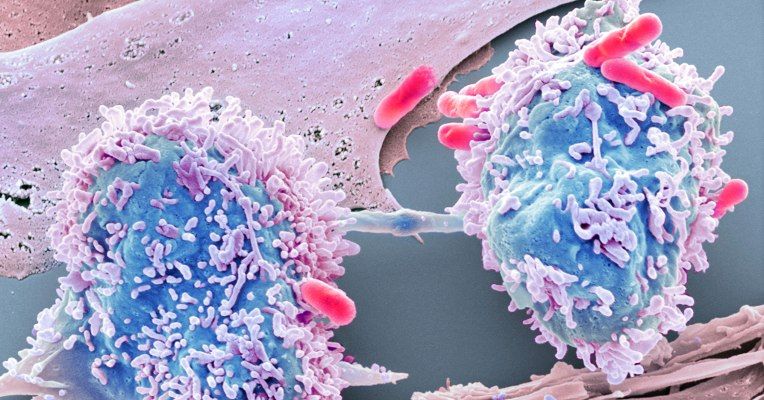Page 9873
Feb 27, 2018
Justice Department Drops $2 Million to Research Crime-Fighting AI
Posted by Genevieve Klien in categories: biotech/medical, robotics/AI
The artificial intelligence craze isn’t just hitting Silicon Valley—the Justice Department wants to get in on the action, too.
The agency announced today that it will put $2 million towards research on AI, which it believes could be used to fight human trafficking, illegal border crossings, drug trafficking, and child pornography.
National Institute for Justice, the DoJ’s research wing, is funding the initiative in the hopes that it will help address the opioid crisis and fight crime by helping investigators sift through massive amounts of data.
Continue reading “Justice Department Drops $2 Million to Research Crime-Fighting AI” »
Feb 27, 2018
Norway’s Stronghold Against Human Starvation Needs a $13 Million Upgrade
Posted by Genevieve Klien in categories: existential risks, government
The Norwegian government proposed $12.7 million in upgrades to the Svalbard Global Seed Vault as melting permafrost threatens this doomsday seed bank.
Feb 27, 2018
Scientists develop new tool for imprinting biochips
Posted by Saúl Morales Rodriguéz in categories: 3D printing, biotech/medical
3D printing has gained popularity in recent years as a means for creating a variety of functional products, from tools to clothing and medical devices. Now, the concept of multi-dimensional printing has helped a team of researchers at the Advanced Science Research Center (ASRC) at the Graduate Cent…
Some very powerful people are trying to corner the market on legal weed and turn their company into the Monsanto of marijuana. Who are they? And can they be stopped?
Feb 27, 2018
Researchers Discover How to Supercharge Stem Cells
Posted by Steve Hill in categories: biotech/medical, life extension
Researchers at the School of Molecular Sciences at Arizona State University have discovered a potential way to supercharge our stem cells and reverse some aspects of cellular aging.
The Hayflick limit
Normal cells cannot divide indefinitely; they have a built-in replicative limit, which is often called the Hayflick limit after its discoverer, Leonard Hayflick. This Hayflick limit means that regular human cells are unable to replicate forever; once they reach their replicative limit, they cease to divide and enter senescence, a nondividing state in which the cell destroys itself.
Feb 27, 2018
Vodafone to install 4G network on the Moon
Posted by Klaus Baldauf in categories: internet, space travel
T he Moon will have a 4G mobile network installed next year, according to plans set out by Vodafone and Nokia.
The mission, organised by space exploration company PTScientists, will be the first ever privately-funded Moon landing.
Nokia masts will be launched on a SpaceX rocket in 2019 from Cape Canaveral Air Force Station in Florida, USA.
Continue reading “Vodafone to install 4G network on the Moon” »
Feb 27, 2018
“Hello, I am CIMON!”
Posted by Klaus Baldauf in categories: robotics/AI, transportation
CIMON (Crew Interactive Mobile CompanioN) is a mobile and autonomous assistance system designed to aid astronauts with their everyday tasks on the ISS. This will be the first form of Artificial Intelligence (AI) on an ISS mission. CIMON is an experiment overseen by Space Administration at the German Aerospace Center (DLR) in cooperation with Airbus (Friedrichshafen/Bremen, Germany) as the prime contractor. CIMON is a free flyer fueled with Artificial Intelligence, enhancing human expertise. AI-based technology is about constantly understanding, reasoning and learning, so CIMON is designed to assist and to create a feeling of talking to a crew mate.

Feb 27, 2018
Bioquark Inc. — Born2Invest — Ira Pastor
Posted by Ira S. Pastor in categories: aging, bioengineering, biotech/medical, business, disruptive technology, economics, employment, futurism, genetics, health
Tags: anti-aging, bioquark, biotech, health, healthspan, lifespan, longevity, regeneration, regenerative, wellness
Feb 27, 2018
All-star team of synthetic biologists raise $53 million for cancer therapy startup Senti
Posted by Klaus Baldauf in categories: bioengineering, biotech/medical, finance, genetics
A who’s-who from the world of synthetic biological research have come together to launch Senti Biosciences with $53 million in funding from a slew of venture capital investors.
Led by Tim Lu, a longtime researcher at the Massachusetts Institute of Technology and one of the founding fathers of synthetic biology, Senti’s aim is nothing less than developing therapies that are tailored to an individual’s unique biology — and their first target is cancer.
Here’s how Lu described a potential cancer treatment using Senti’s technology to me. “We take a cell derived from humans that we can insert our genetic circuits into… we insert the DNA and encoding and deliver those cells via an IV infusion. We have engineered the cells to locate where the tumors are… What we’ve been doing is engineering those cells to selectively trigger an immune response against the tumor.”


















